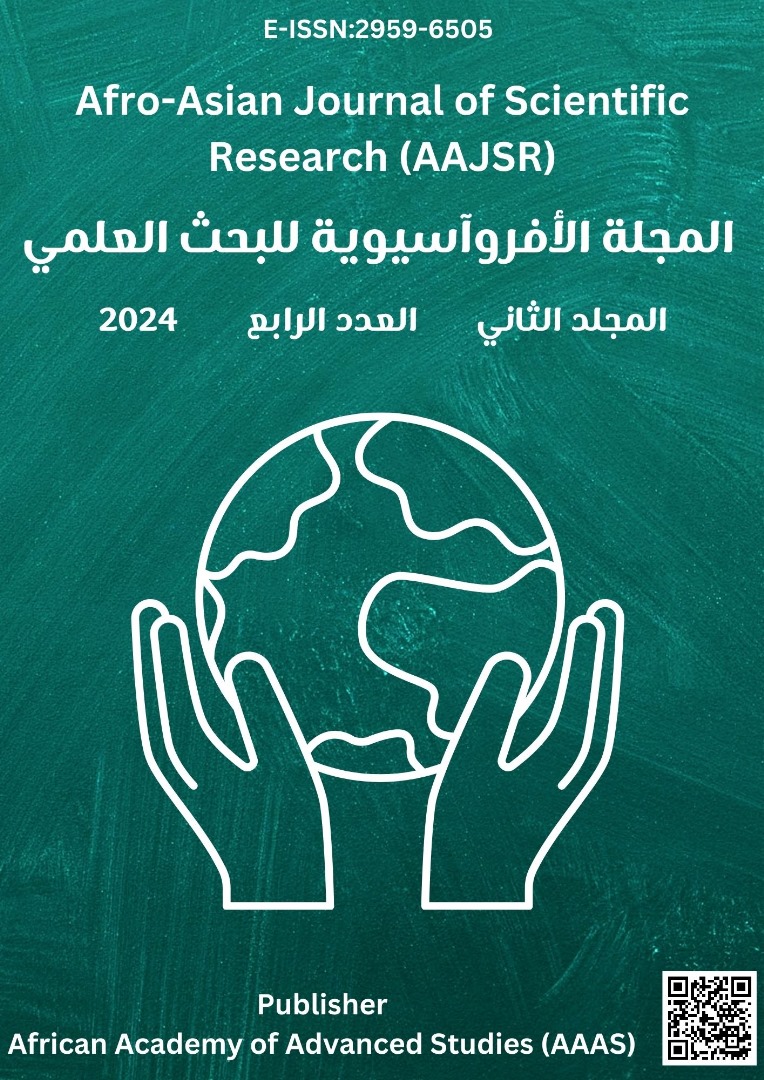Computational Analysis on the Thermo-Physical Properties of Al2O3 Nanoparticles Suspended in Different Based Fluids Using Back-Propagated Deep Neural Networks
الكلمات المفتاحية:
Al2O3 Nanofluids، Back-Propagated Deep Neural Network، Decision Tree، Polynomial Regression، Thermal Conductivity، Viscosityالملخص
Over the last few years, various nanofluids have been produced by suspending nonmetallic nanometer-sized solid particles (˂ 100 nm) in heat transfer fluids like water, and ethylene glycol. The thermo-physical properties in terms of thermal conductivity, viscosity, and heat and mass transfer characteristics have been widely investigated for their potential thermodynamic applications. In the present work, different supervised machine learning and back-propagated deep neural network (BDNN) methods were adopted to predict the thermal conductivity and viscosity of Al2O3 nanoparticles dispersed in several base fluids of water and ethylene glycol W–EG. The training data were collected from previously reported experimental data to be applied in BDNN and two different machine learning models, polynomial regression model (PRM) and decision tree regression (DTR). In addition, other proposed BDNNs were built up, tested, and evaluated using different numbers of hidden layers and neurons to determine the optimum network architecture in terms of its predictive precision. Furthermore, to assess the accuracy and predictive ability of all three prediction algorithms, statistical indices including root mean square error (RMSE), relative error (r), and regression coefficient R2 coupling with regression graphs using the training data sets were used. The results indicated that BDNN is the most efficient model in predicting the thermo-physical properties of W–EG Al2O3, showing great agreement between simulated and targeted dependent variables with excellent accuracy of up to 996% and 998% for thermal conductivity and viscosity, respectively. In contrast, the PRM has low predictive capability and unsatisfactory performance with higher RMSE values of 0.0132 and 0.0201 for thermal conductivity and viscosity, respectively.







